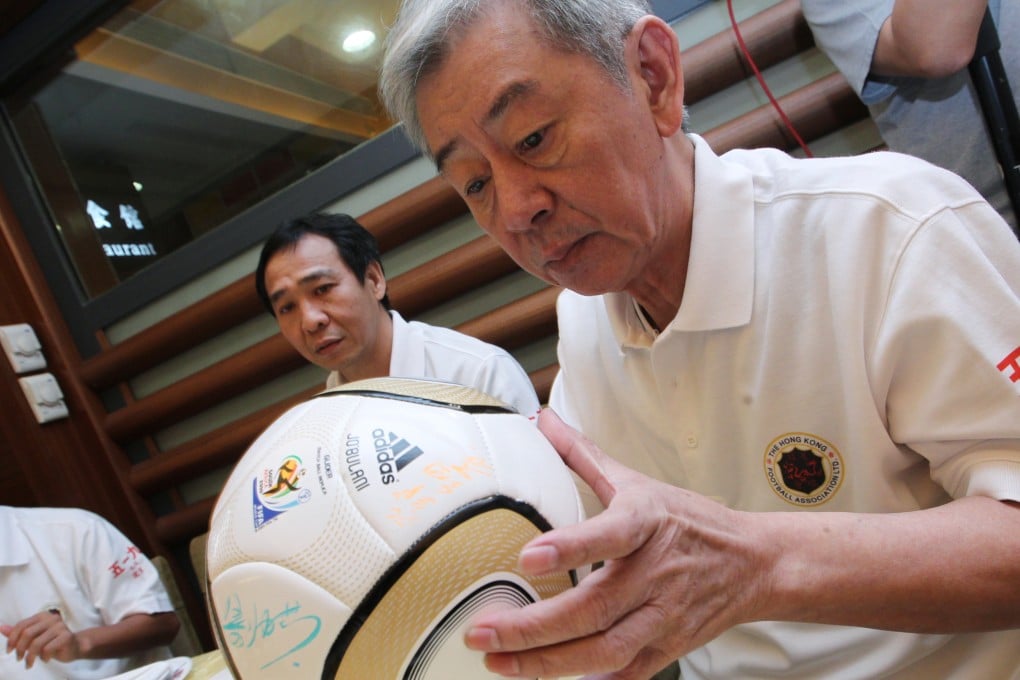
Hong Kong soccer legend Wu Kwok-hung died early on Monday morning after a struggle against throat cancer. He was 66.
Known as “Big Head Boy” or “Ah Cap” for his leadership role at both club and international level, Wu retired in 1986 after his club, Seiko, were disbanded.
An attacking midfielder, Wu was widely considered one of the best players Hong Kong has produced. His ability to read the game in midfield and score goals inside the box earned him the reputation of being Hong Kong’s top player of the 1970s and 1980s.
“He was definitely the greatest player of his generation,” said Hong Kong Football Association chairman Brian Leung Hung-tak.
“When I came back from the United States in 1973, I started watching him play and he was just a naturally skilful player – a talent born to play soccer and not as a result of any hard training.
"His clinical skills in front of the goal, his commanding style in midfield and his playing attitude of rarely arguing with the referee and fellow players will always be remembered by the fans. His death is a loss of Hong Kong soccer. We all miss him.”